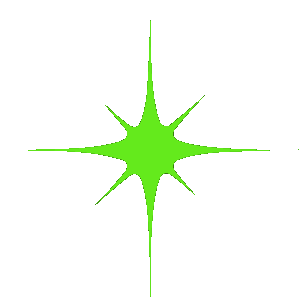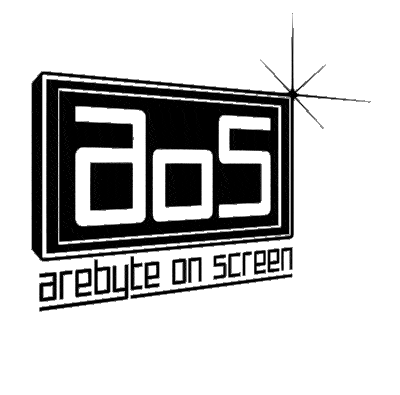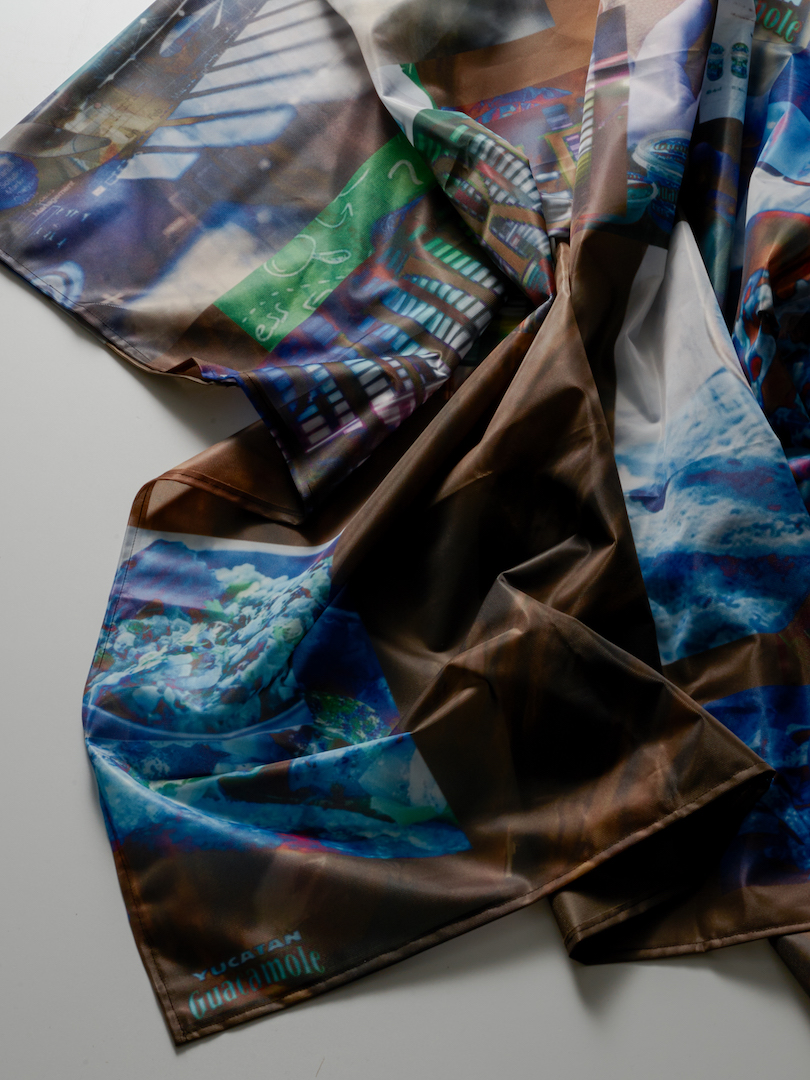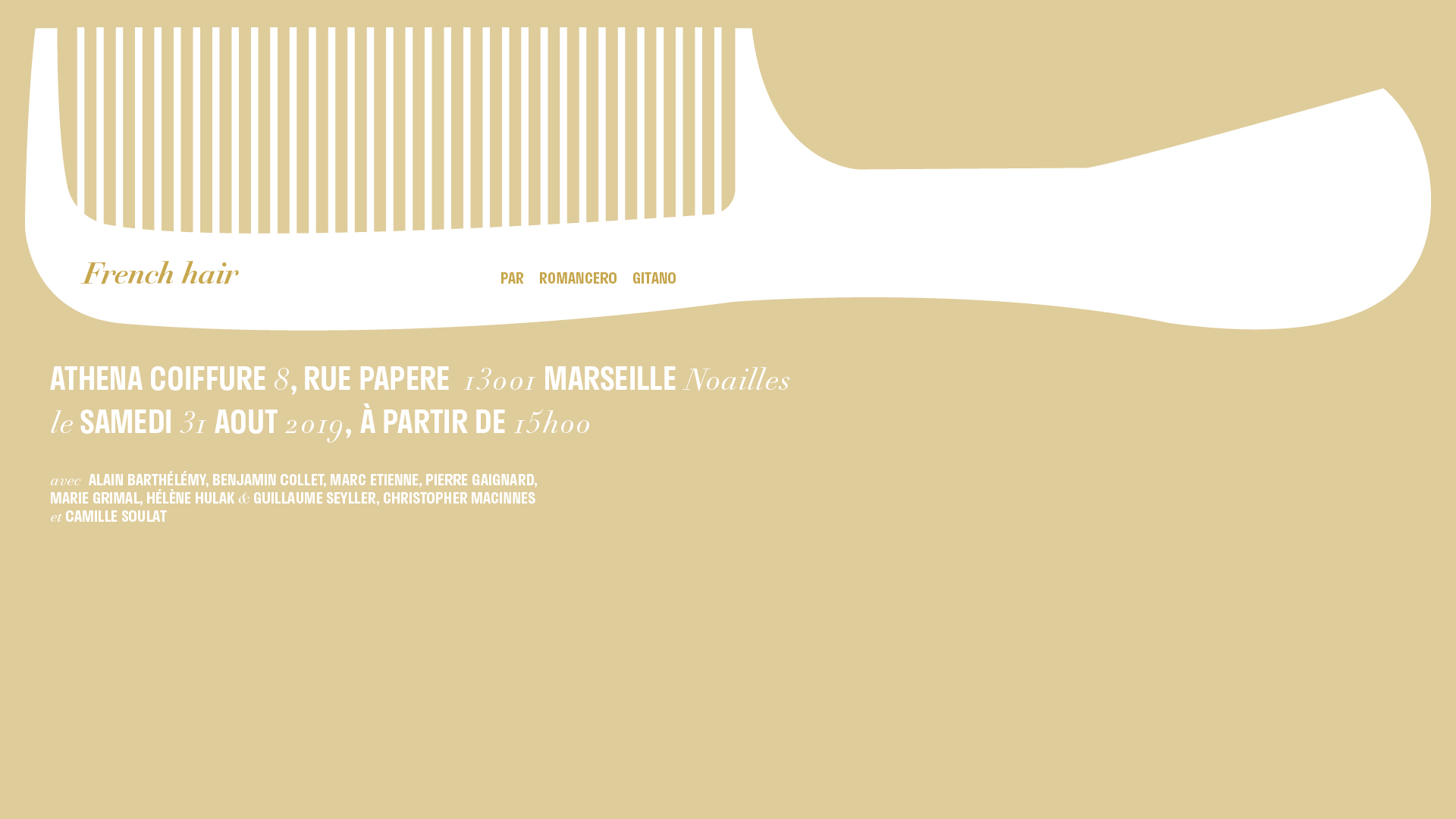Christopher MacInnes
Long Range Correlations

Christopher MacInnes is an artist based in London. Taking computing and networks as a starting point he works with software, hardware and organisms. Using the diverse vectors of our planetary networks, MacInnes attempts to trace the mycellenic tangle of chaotic phenomena across platforms, landscapes and bio- synthetic ecologies.

extract of Un entretien en cohue concerning the artist
Alain
Hi Chris !
How are you doing ? I finally found some time to get a bit into the text you wrote for Long Range Correlations and I wanted to share a few thoughts as a starting discussion for the French Hair Project.
Reading your text this morning really remind me of a conversation of a small group of passengers in my Marseille/Lyon train yesterday. They were talking about climate change, so a very commun conversation theses days. Their views about it, if not pre- made, were also very commun. And they are not to blame because most of the time media don’t only inform us, they also tell us what to think. So it takes quite an effort to deconstruct what is presented as a monolithic truth, and it also takes an effort to figure this is more than necessary to do so. Anyway, one of the passengers was sharing her anxiety about climate change, while another one remained confident about the future generations to continue and amplify a more responsible way of living. A third one was insisting : “But we don’t know what will be the long term consequences of climate deregulation”. And this very last word really caught my attention. I felt that was so much of a post-cybernetic view to perceive the world as a loop-back regulated system : the deregulation being caused by some bad guy who found the global climate potentiometer and turn it up. This is what we call anthropocene : a paradigm in which earth is perceived not quite differently from an electric hoven or any human-controlled-self-regulated-system.
It would be certainly more loyal, respectful, and maybe less anthropocentered to consider earth as a network of beings, as a living organism. And this is really something that deeply touch me about your work. This very accurate and dense perception of a world where human existence, global communication networks, integrated technologies is entangled with living ecosystems, life to be found in every layer of those n-dimensions topologies.
Christopher
Hey Alain,
Thanks for taking the time to engage with this! It’s really appreciated!
Yes, I think it is really important that we try to engage with the larger, chaotic picture. Where minor (or major) actors often unknowingly interface with multiple topologies and networks. This kind of diffuse form of cause and effect is what characterises many of the problems we face today. I am very keen to engage with the complexity and embrace it, our contemporary hubris is to over-simplify things. But treating anything as isolated is incredibly naive these days. To confront any of these planetary scale problems involves thinking at ‘earth magnitude’, as Tim Morton puts it. I feel like treating Earth System as an organism helps conceptualise that and make it thinkable.
However, this line of thought has a problem. That is, it doesn’t help to address locality and local issues, which we have seen are often made worse by thinking at a global scale (ie. globalisation). This is perhaps mitigated by considering Earth System as an organism, in that you have to care for all of your organs otherwise you will begin to experience a problem. But I feel like it still leaves that question a little unresolved at the moment. It’s something I’m working on!
See more about the project French Hair curated by Romancero Gitano.





